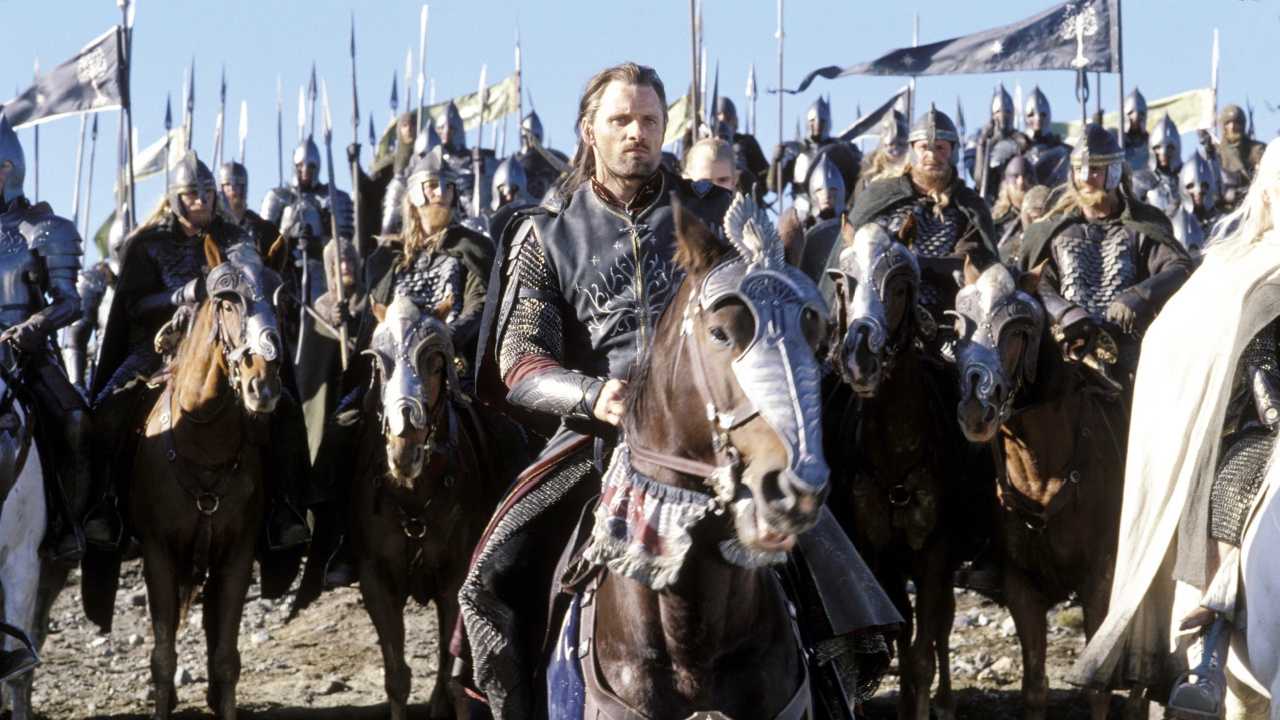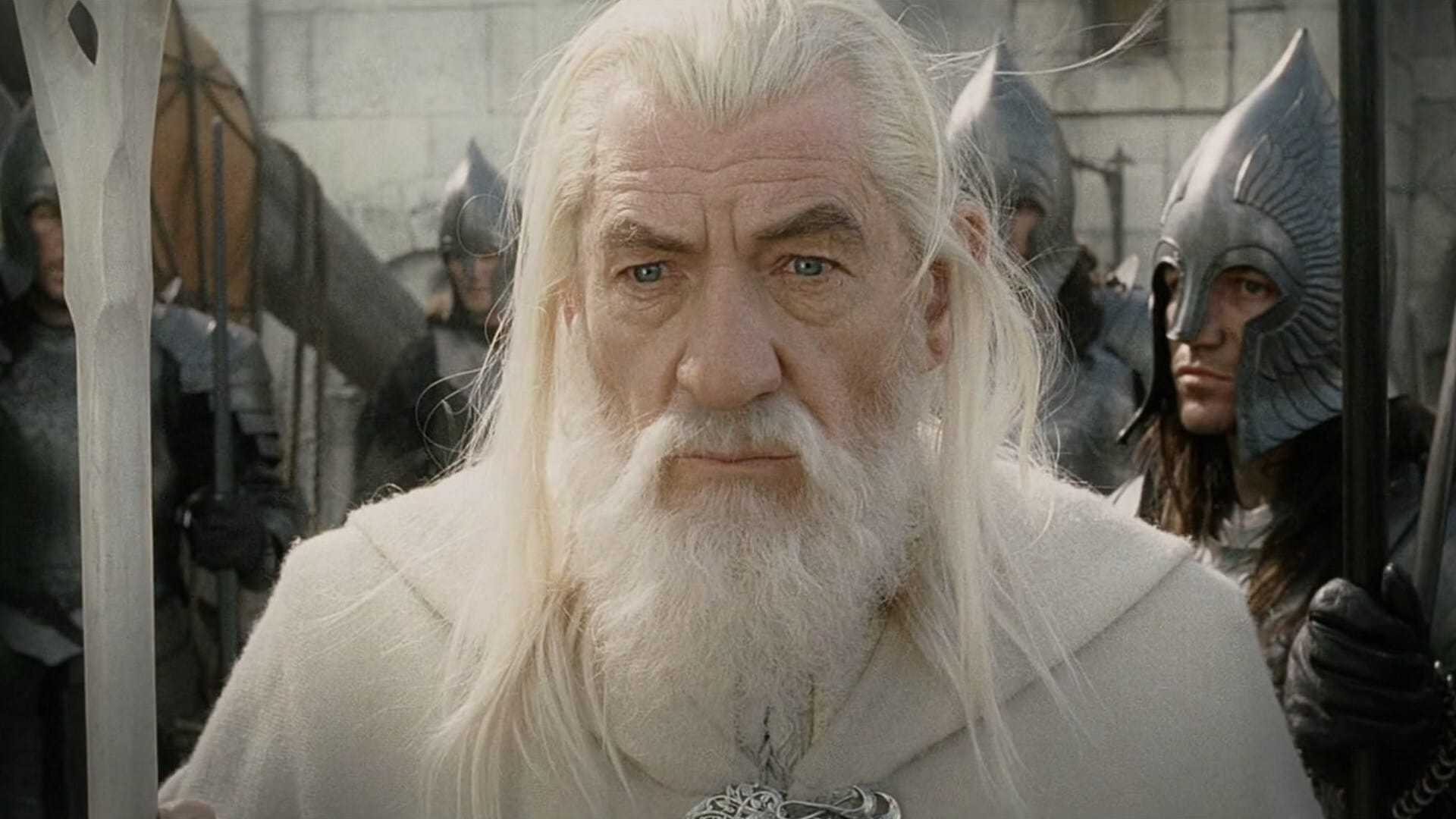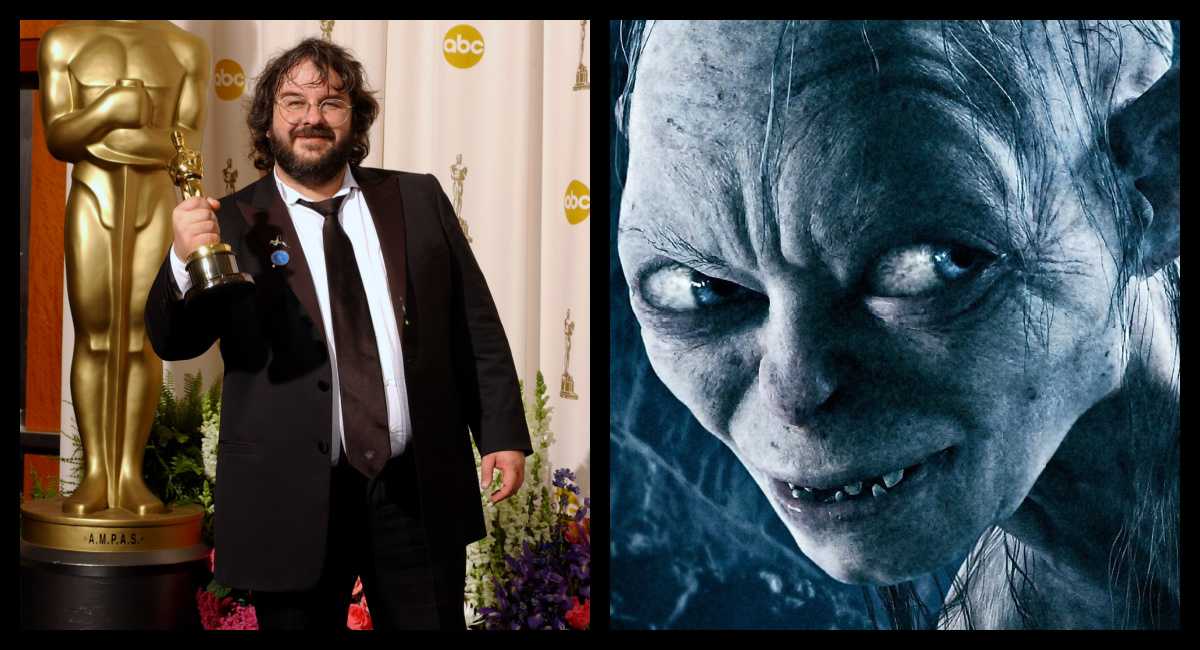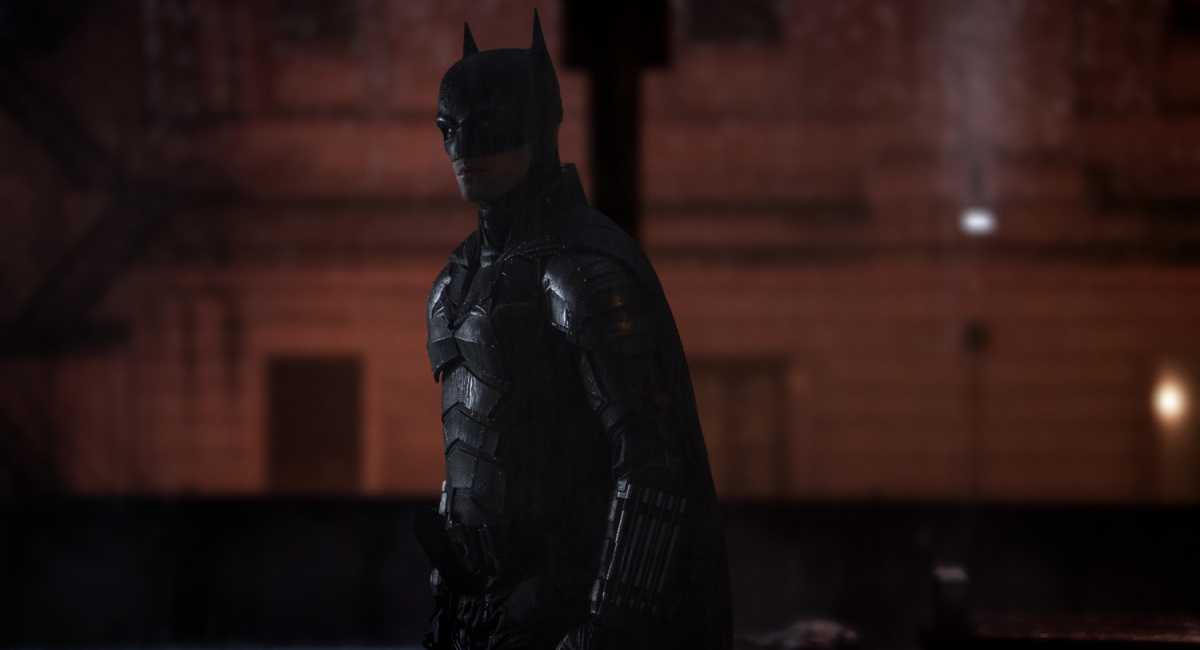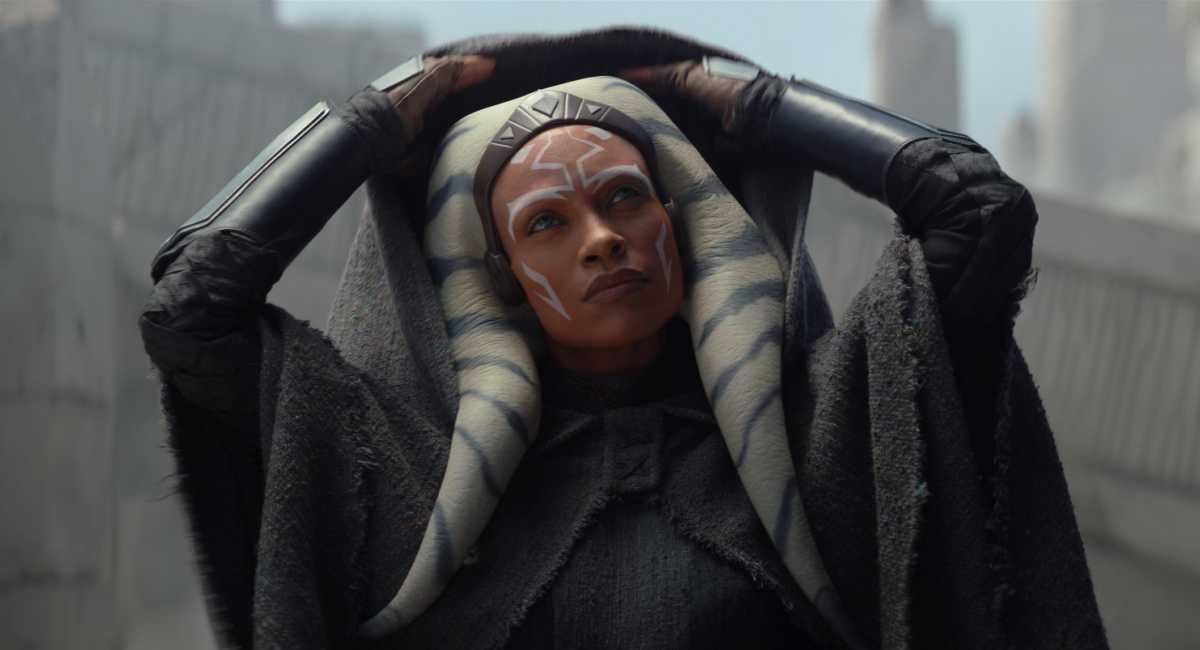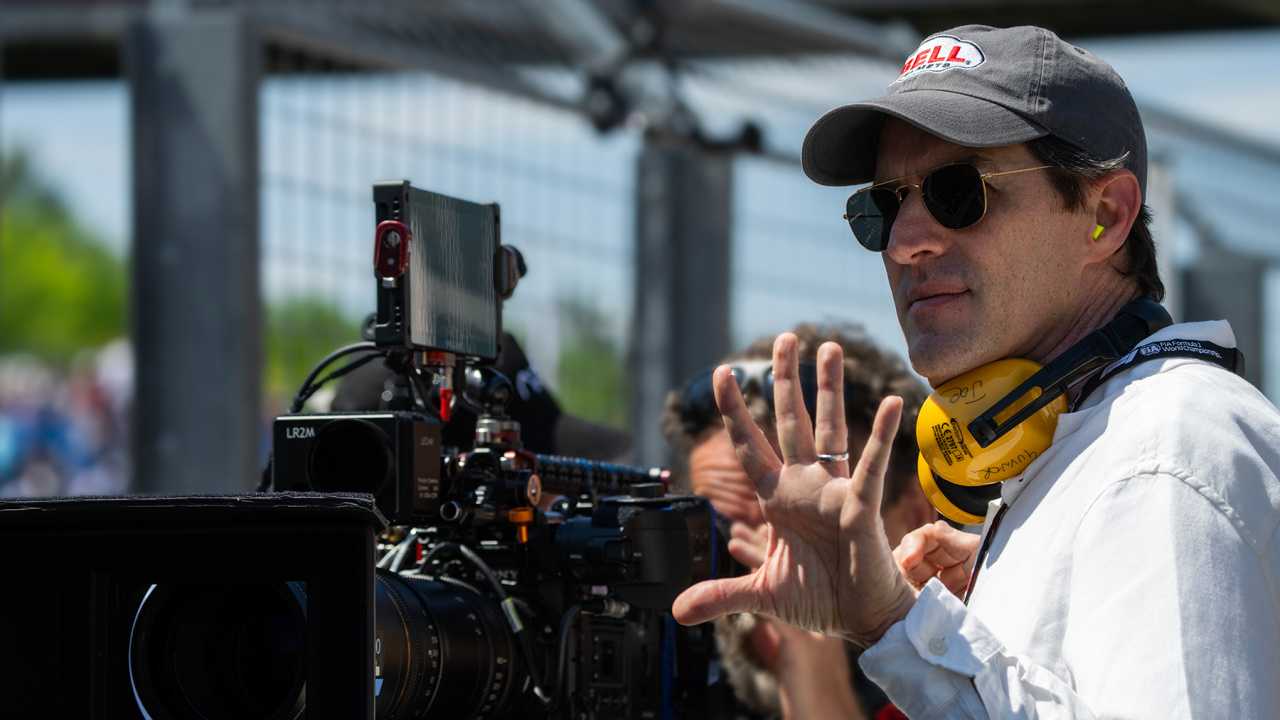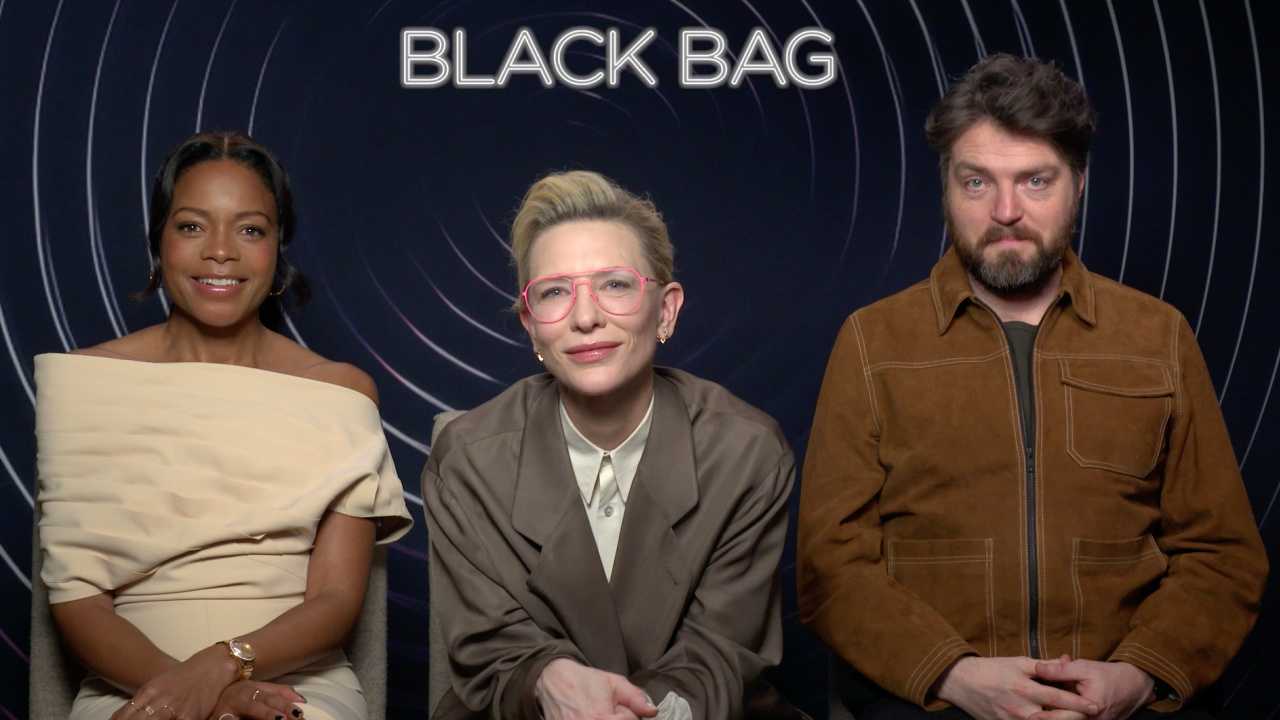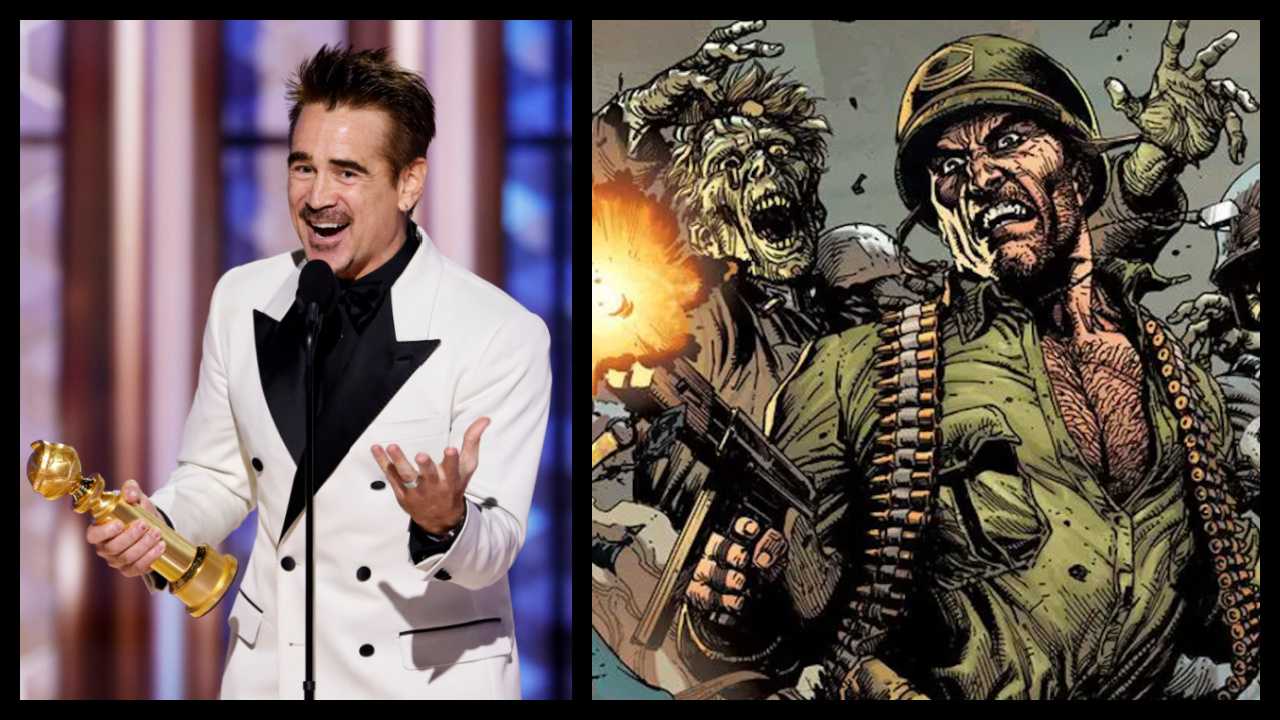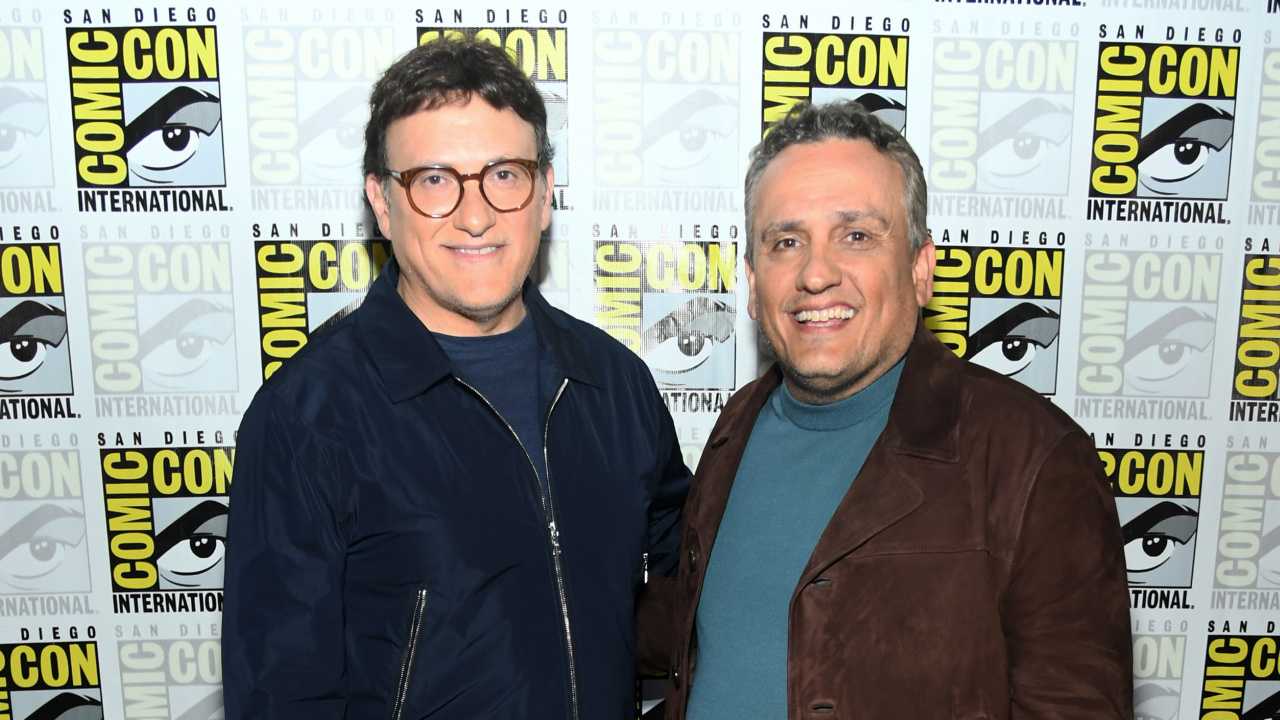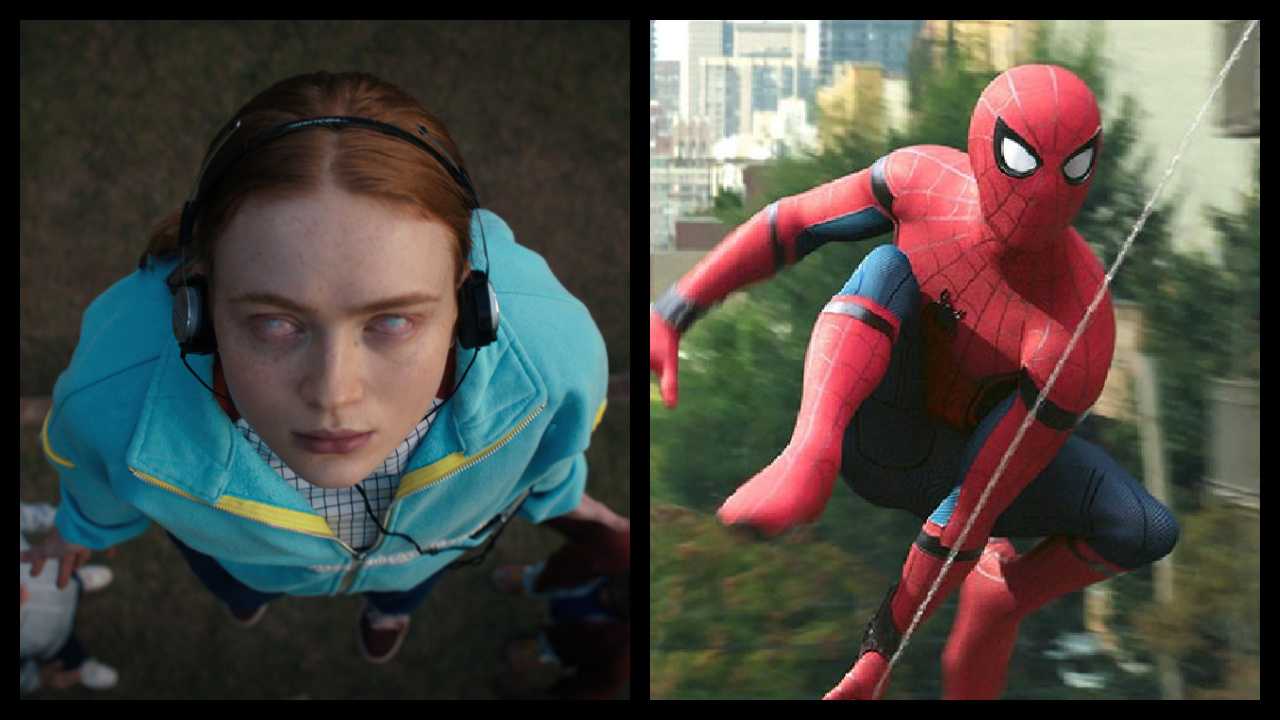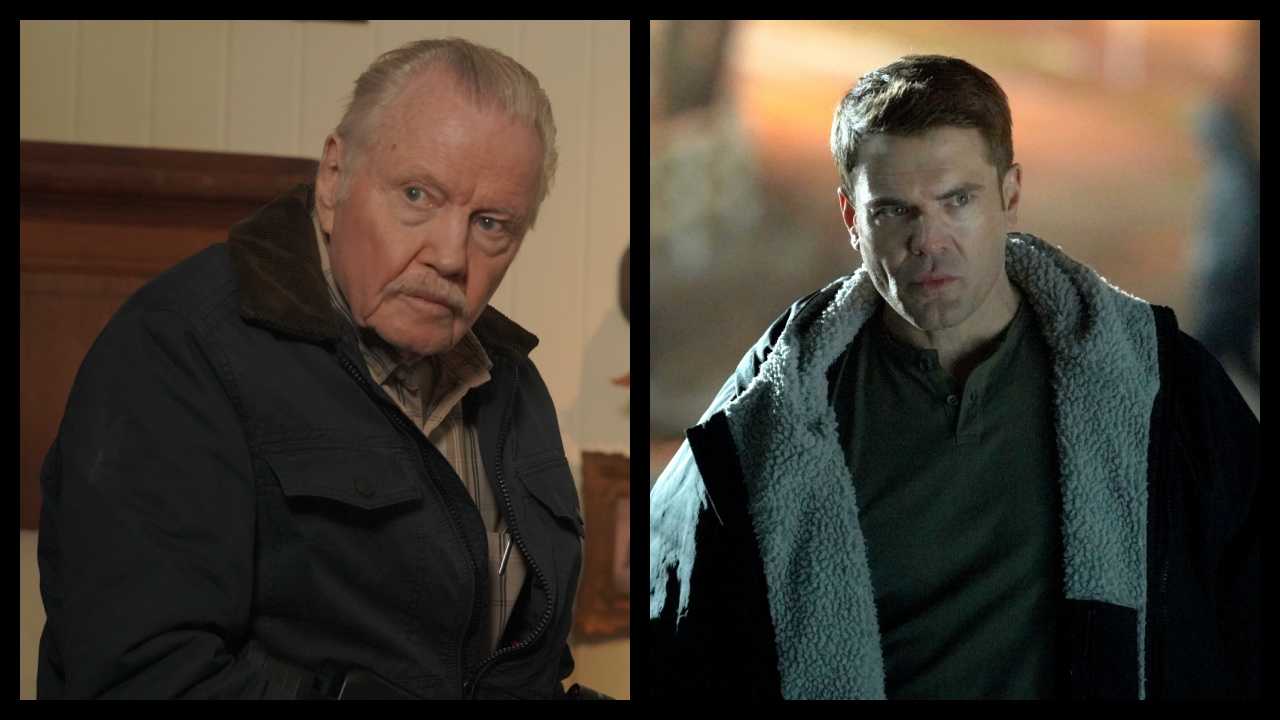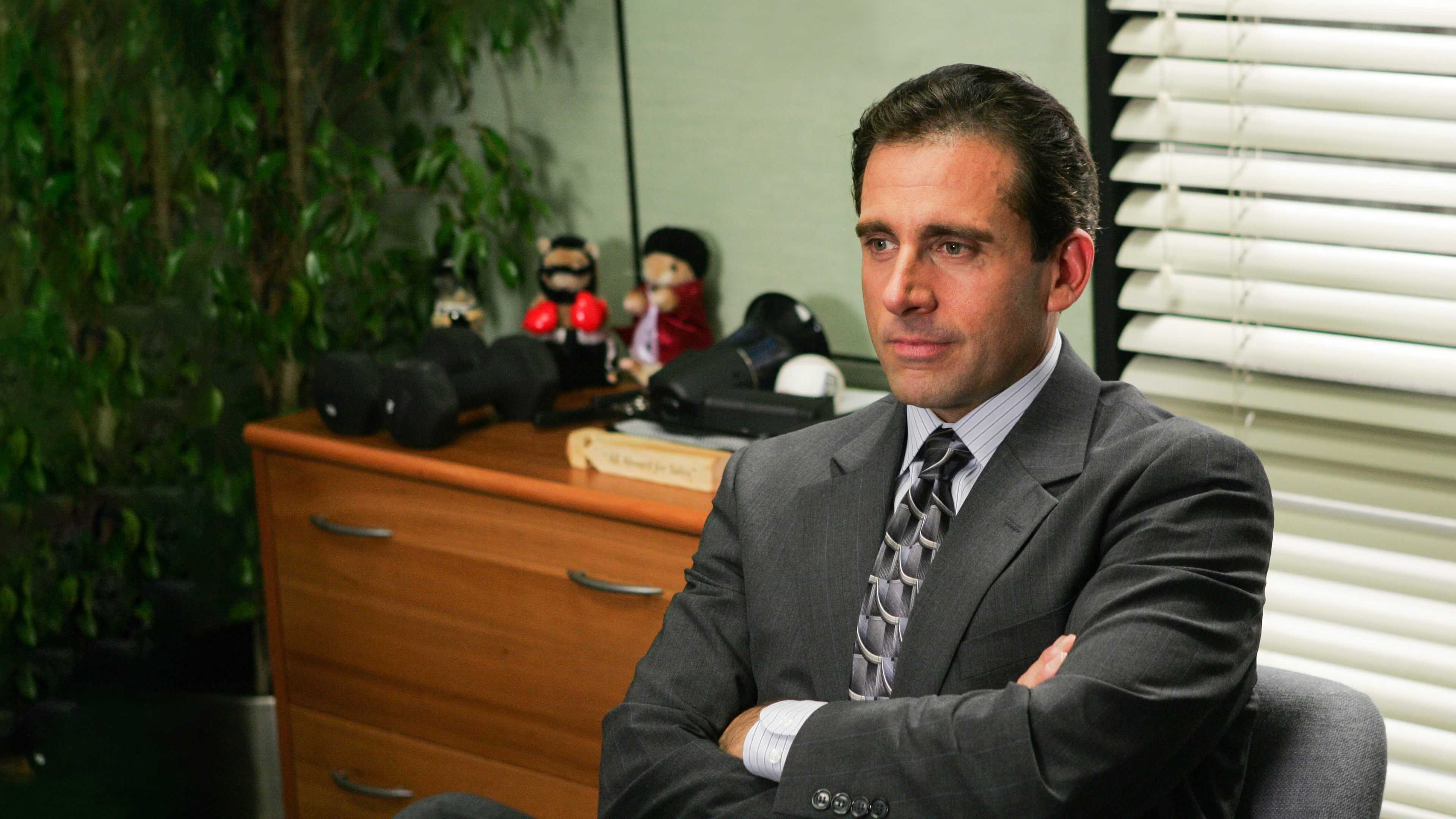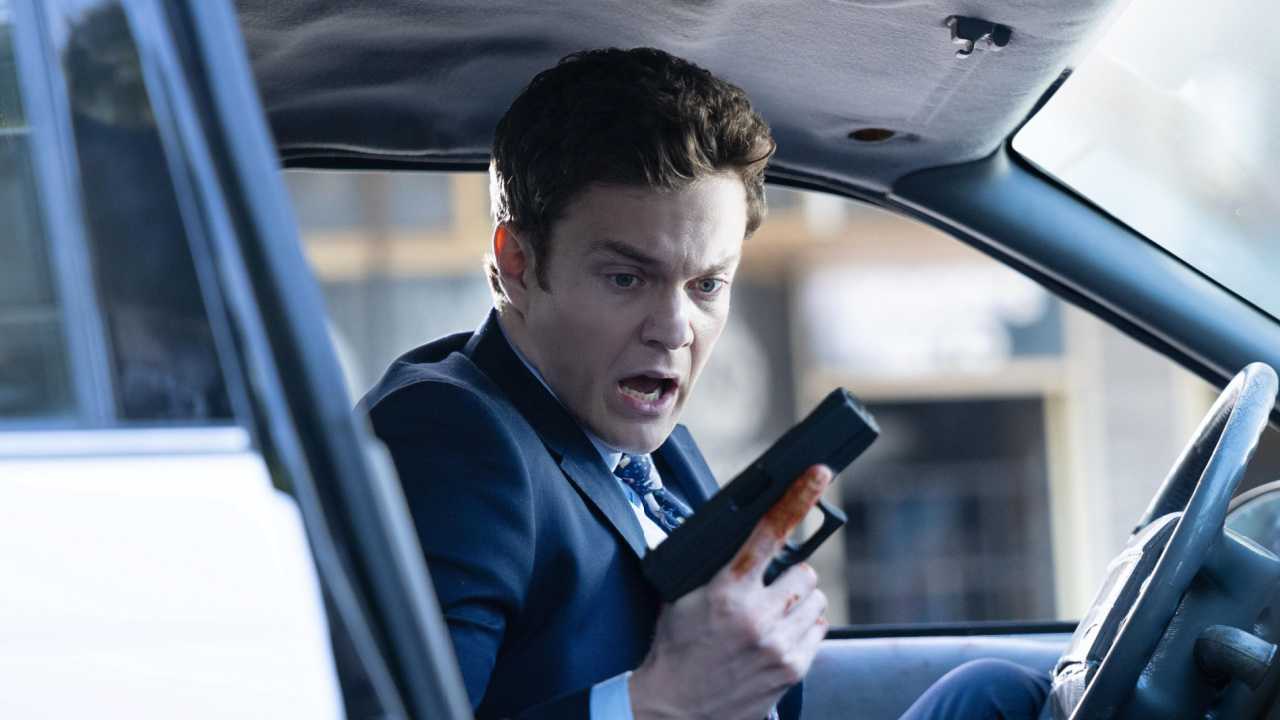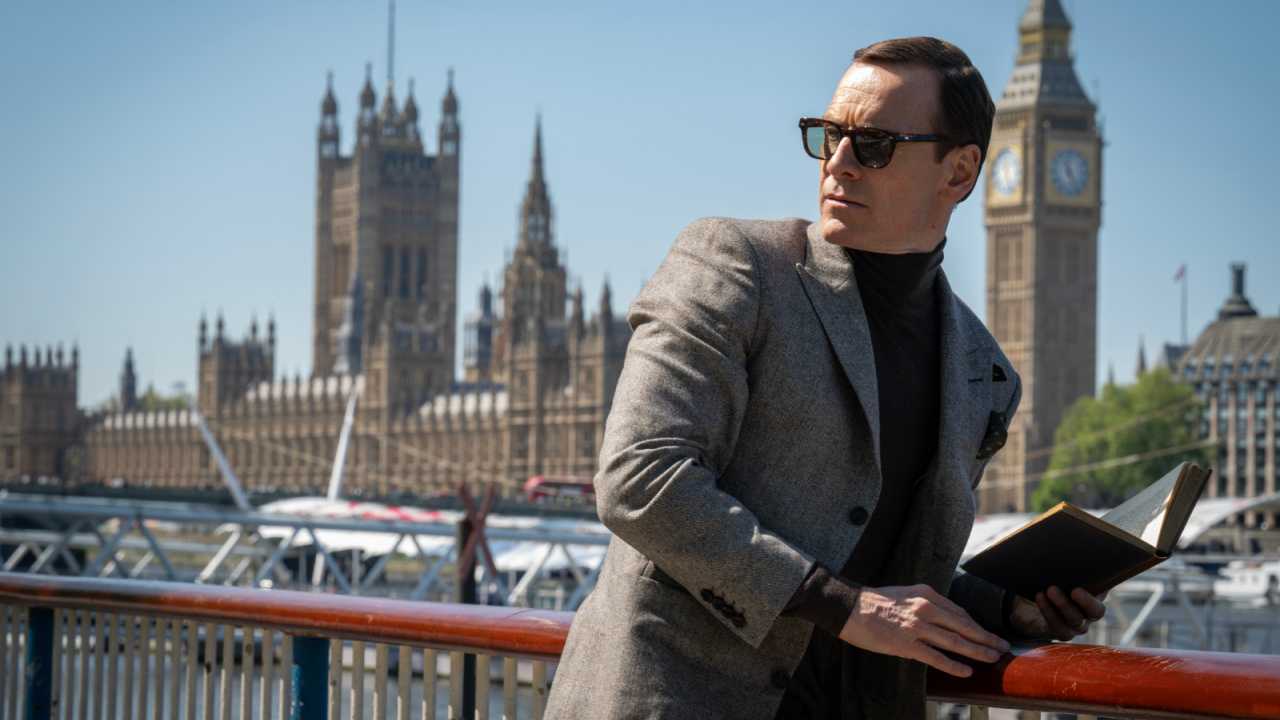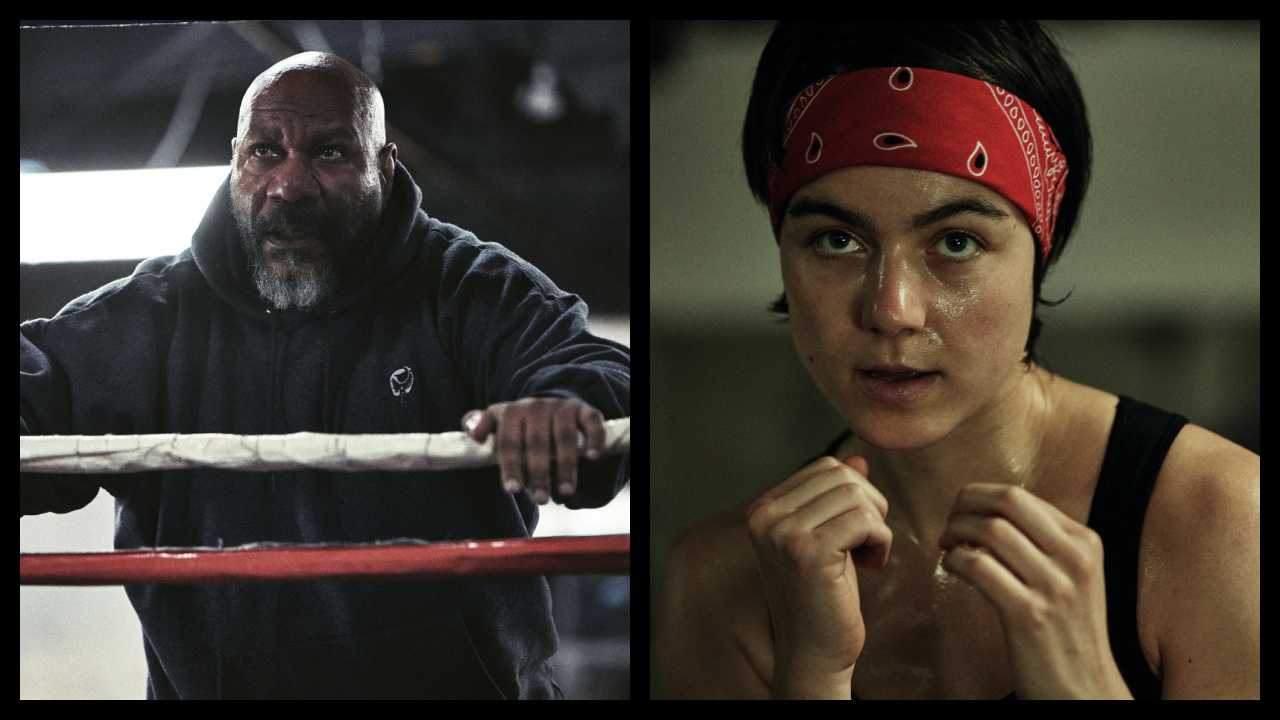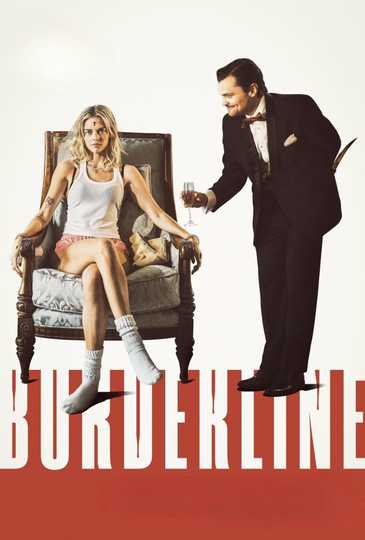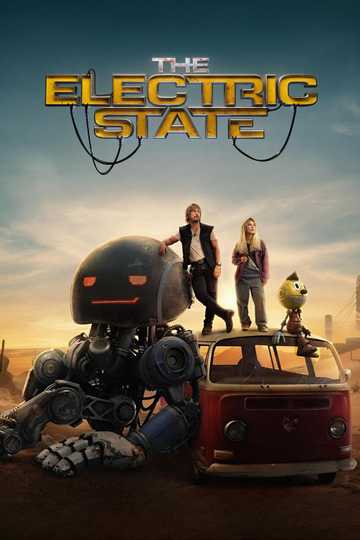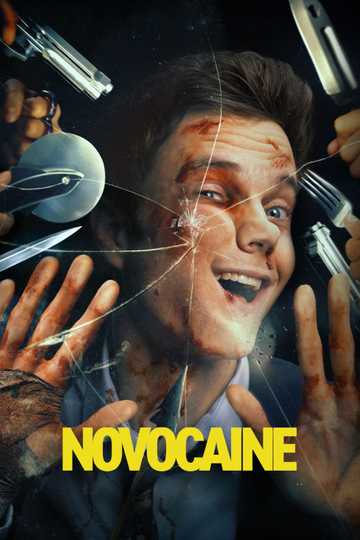Andy Serkis and 'Luther' Creator Neil Cross Talk 'Luther: The Fallen Sun'
Moviefone speaks with Andy Serkis and Neil Cross about 'Luther: The Fallen Sun.' "We wanted to tell a story in a different context," said Cross.
The long awaited feature film adaption of the popular British Television series ‘Luther,’ which is entitled ‘Luther: The Fallen Sun,’ finally hit theaters on February 24th ahead of its March 10th Netflix release. The film was written by ‘Luther’ creator Neil Cross, and directed by ‘Luther’ season five director, Jamie Payne.
What is 'Luther?’
‘Luther’ is a British television series that ran for five seasons on the BBC and starred Idris Elba (‘The Suicide Squad,’ ‘Beast’) as Detective Chief Inspector John Luther of the Serious Crime Unit. Luther is a brilliant and dedicated police officer, who is also obsessive and sometimes violent. Over the five seasons, Luther’s obsession with catching criminals is tested by the trail of death left in his wake that has included his wife Zoe (Indira Varma), his partner Justin Ripley (Warren Brown), and colleague Benny (Michael Smiley).
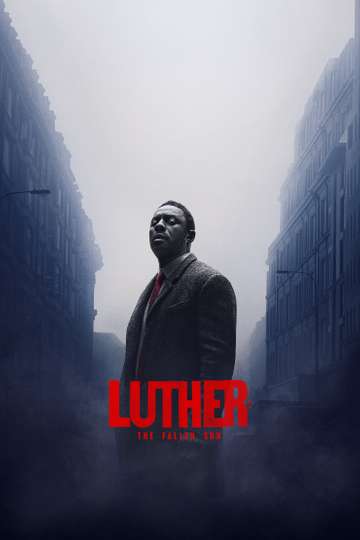
What is the Plot of 'Luther: The Fallen Sun?’
‘Luther: The Fallen Sun’ is a sequel to the series and picks up after the events of season five. Luther’s superintendent, Martin Schenk (Dermot Crowley), assigns him to the case of a gruesome serial killer named David Robey (Andy Serkis). The killer is using private cyber information to blackmail victims into committing crimes for him.
Robey soon realizes that Luther is a threat to his overall plans, and frames the detective for his past questionable behavior, sending him to prison so Robey can continue his despicable work. But when Robey begins taunting Luther behind bars, Luther plans an elaborate prison escape so he can stop the serial killer.
Meanwhile, the new leader of the Serious Crime Unit, DCI Odette Raine (Cynthia Erivo) enlists Schenk to help her catch Luther and Robey. With the police after him and nowhere to turn, Luther must rely on his instincts to elude the police and catch Robey before he can complete his murderous plans.
Who is in the Cast of 'Luther: The Fallen Sun?'
'Luther: The Fallen Sun’ stars Idris Elba once again reprising his Golden Globe and Emmy winning role as John Luther, and Dermot Crowley also returning as Martin Schenk, while the film features new cast members such as Oscar-nominee Cynthia Erivo (‘Harriet’) as DCI Odette Raine, and Andy Serkis (‘The Batman’) as David Robey.
Moviefone recently had the pleasure of speaking with Andy Serkis and ‘Luther’ creator Neil Cross about their work on the new movie, the challenges of adapting the series, creating Serkis’ character, working with Idris Elba, and the future of the franchise.
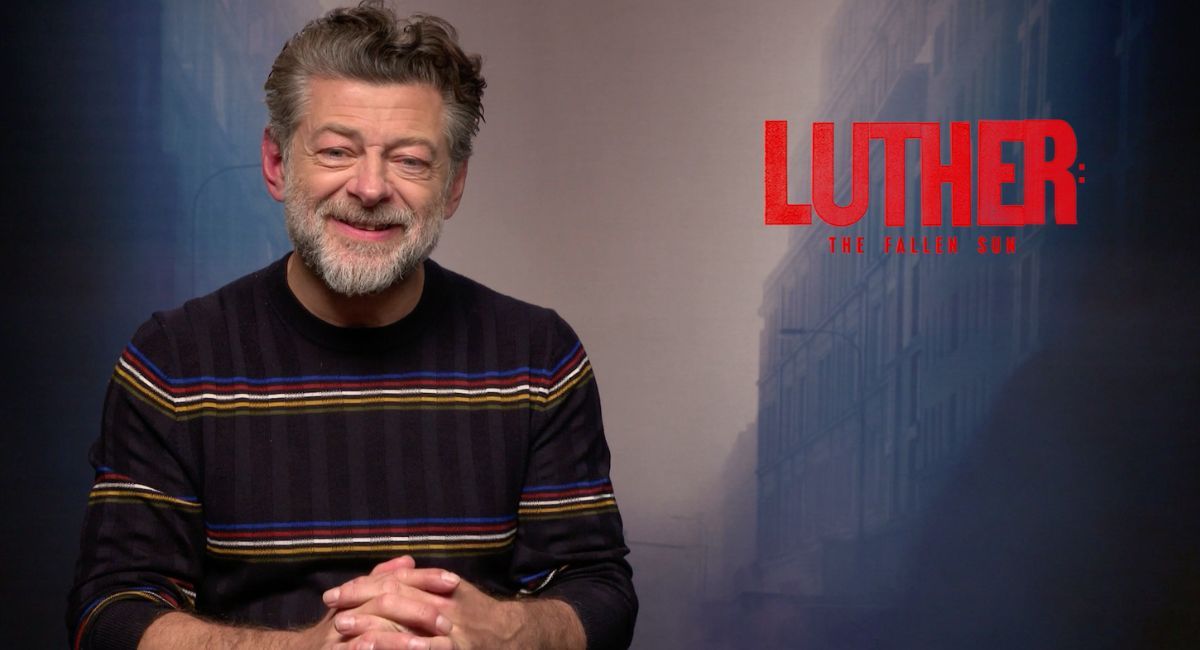
Andy Serkis stars in Netflix's 'Luther: The Fallen Sun.'
You can read the full interview below or click on the video player above to watch our interviews with Serkis, Cross, and director Jamie Payne.
Moviefone: To begin with, Neil, can you talk about the challenges of adapting the series into a film?
Neil Cross: Well, the challenges were personal rather than structural or transactional. I knew that we wanted to take this character, of whom I'm very fond and who plays an enormous part of my life, and tell a story about him in a different context against the bigger canvas with a bigger budget. But it was incredibly important that I do so without letting anybody down. That was the biggest challenge. And by that I mean Jamie Payne, I mean Idris himself, I mean, all of the fans who've been with us since season one, and I mean my kids and my wife. It was a function of not losing my mind and going mad, but telling the best story that I possibly could that respected this character and the people who followed him.
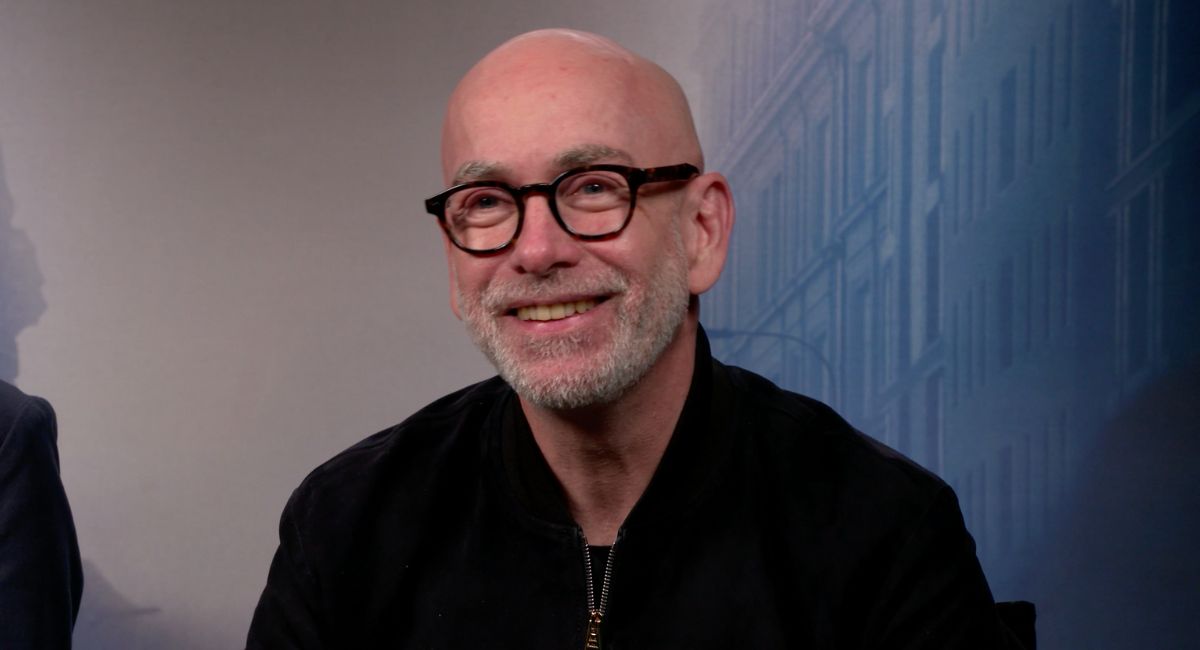
'Luther' creator and 'Luther: The Fallen Sun' screenwriter Neil Cross.
MF: Andy, were you a fan of the series before making the movie and working with Neil Cross?
Andy Serkis: I was a big fan of the series. Series one and two had come out and I started watching it then. I'd known Idris Elba from before that and I'd always wanted to work with him, but when I saw him play that role, I just thought, wow, he owns this character. So getting to come across him for real and act opposite him was great. He's now played that character for ten years and just the sheer presence that he has, it's indivisible really. Being on set with Idris, you don't know whether he is Luther or whether he is Idris, and very rarely do you get that working with it with an actor who's had the opportunity to imbibe a character like that for such a long time. So that was a real magical thing. Neil is one of the most delightful human beings. But he has a dark mind. It's so incredible what he's written over the years and takes you to places that you just don't want to go. I nearly didn't want to go on the journey on this one because David Robey, the character was so dark and I thought, I don't know if I want to spend time in this guy's company. Then when I started working on it, I took a step back and it is a great piece of writing. But what is it about this character that's going to keep me on? It really was about technology and the use of technology, and our complete willingness to abjure any responsibility in this day and age. We've given up so much power to the internet. Then you have someone like David Robey who can manipulate that, and then hones in on someone specific who he wants to shame. John Luther thinks of himself as above everybody else because he's a cop, and he can play by his own rules. So there's a kind of hatred of hypocrisy that David Robey has and he wants to bring him down. I just think Neil is such a skilled crafts person in terms of making the ordinary horror, because David Robey's only a fraction of what the real monster in this movie is, and the real monster is the internet and social media.
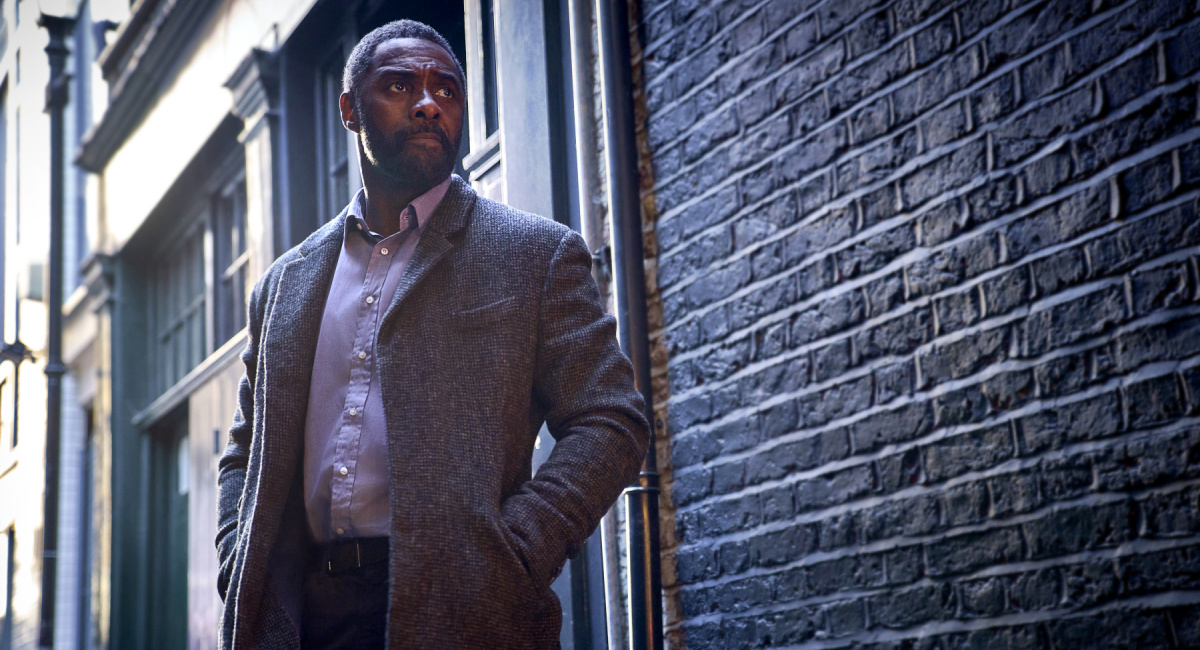
Idris Elba as John Luther in 'Luther: The Fallen Sun.' Photo: John Wilson/Netflix © 2023.
Related Article: ‘Luther: The Fallen Sun’ Heads to Theaters
MF: Neil, David Robey is causing a reckoning for the city of London with his reign of terror, as well as for John Luther by revealing the sins of Luther’s past. Can you talk about creating the character and the cat and mouse game he plays with Luther?
NC: Well, that's absolutely the case. I'm fascinated by the power of our shame, and I'm fascinated by the degree of power over our freedom that shame has. Sometimes people would go to war. People would go over the top at Passchendaele or the Somme because they were too embarrassed not to. It was too shameful not to. The fear of shame really is stronger than the fear of death in the right circumstances, which kind of gives someone like Robey who has access to our shame, unlimited power over us, which is kind of very Mephistopheles and very devilish, a very kind of folkloric figure to bring into the modern world. Then of course, we have John Luther himself, who, as he's moved through the world, has accumulated his own burden of shame. I thought it was an interesting way to begin the story that Robey weaponizes Luther's past. A new audience doesn't need to know the specifics of what he's done, but the returning audience does know some of it. Robey is able to take the weight of that shame and jiu-jitsu it such that Luther is helpless and locked away enabling Robey to do his thing abroad on the dark streets of London and elsewhere.

Andy Serkis as David Robey in 'Luther: The Fallen Sun.' Photo: John Wilson/Netflix © 2023.
MF: Andy, can you talk about your approach to playing Robey and his antagonistic relationship with Luther?
AS: I mean, because he knows that John Luther prides himself as someone who can see people, who can really see them. Robey's defense of that is the fact that he's invisible. He's almost nonexistent he's that invisible. He is the specter that no one can pin down because he really isn't anything. He's unremarkable in every sense, although he’s got lots of money and he's made his money through tech, he actually doesn't connect with humanity. He is so removed from humanity and has removed himself from humanity, isolated and deeply lonely. That is the weird tragedy of the character, is that he cannot connect in any way. He can only observe, manipulate and voyeuristically suck people's lives out of little boxes that he watches on monitors through their own devices in their houses and actually sort of construct a version of himself through that. That goes from his observations of their physicality or what their actions might be as they walk from room to room in their own house, to what they wear, what they dress like and how they do their hair. He imbibes all of those elements of these people, and deconstructs little pieces of people and then builds himself up as a version of that. So he really truly is a reflection of the society that he's watching. Including Luther, absolutely, crucially.
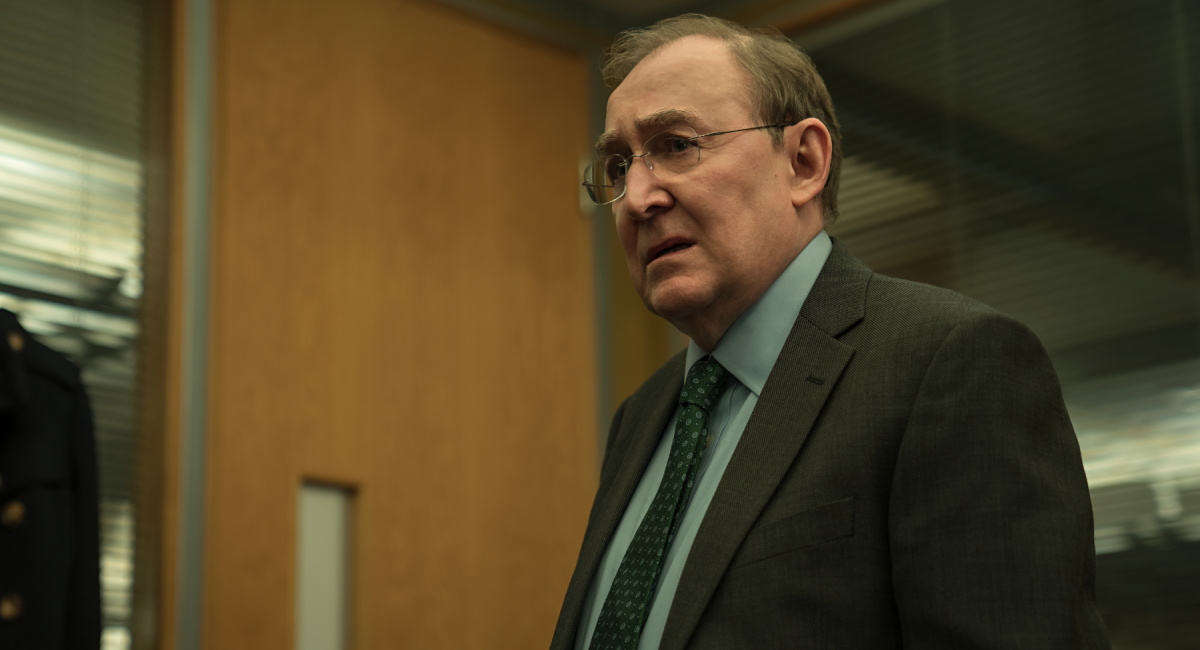
Dermot Crowley as Martin Schenk in 'Luther: The Fallen Sun.' Photo: John Wilson/Netflix © 2023.
MF: Neil, besides Luther, Martin Schenk is the only character from season one to appear in the film, and in many ways, Martin is the only friend John has left. Can you talk about the long friendship between John and Martin and how that is depicted in this movie?
NC: He really is. I mean, we first met him in the TV show as he was a kind of police corruption investigator who became Luther's boss and who was, gently corrupted is too strong a word, but Luther kind of pulled him over into the Luther way of doing things as the series progressed. They've got a very unique, but nevertheless, I think instantly recognizable father/son, spy/handler relationship going on. The relationship on screen is underwritten by a real life fondness between these two men who've known each other for a long time and you can feel it. You can feel the depth of it. There's a delightful gameplay between them. Without giving the story away, they have a bet. Is Luther going to do what he does before Schenk catches Luther? And there's no malice in that. There's no hatred in it. It's just gameplay. But it's underwritten all the time by something not unakin to love, I think. Luther still calls him boss.
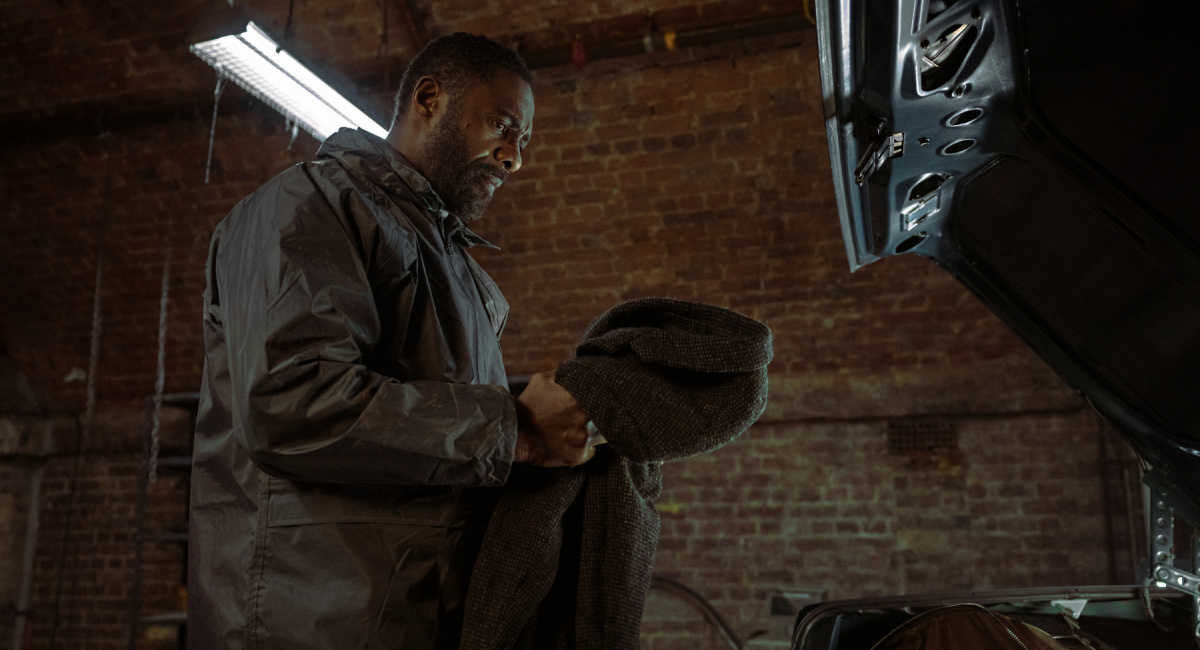
Idris Elba as John Luther in 'Luther: The Fallen Sun.' Photo: John Wilson/Netflix © 2023.
MF: Andy, there is a scene in the movie where Luther is back on the streets, he puts on his signature wool coat, and is standing on a rooftop overlooking his city. In that moment, I couldn’t help but think of Batman, and there is a similarity between John Luther and the Dark Knight. Since you have now worked on both franchises, do you think there is a connection between the two fictional characters?
AS: Absolutely. In many ways people have also drawn kind of comparisons to James Bond. But I think the comparison to Batman is a lot stronger in many ways because with Bond there are no kind of rough edges, he's not a failure in any way. Bond is kind of perfect in a sense, whereas Bruce Wayne has so much vulnerability and yet he has to construct a shell to get through. The coat is the cape and ‘Luther’ Land is a version of Gotham in its own way. It's a London kind of like Gotham, elevated but it actually satirizes the real world that we live in. It's an elevated version of London, and particularly actually in this movie, it looks amazing. London looks incredible in ‘The Fallen Sun,’ and the way that Jamie Payne has shot. Even from the opening frame, just looking through all of those windows and all the iconic places in London, but then the darker, less known areas, it really does feel like a big character in this film.
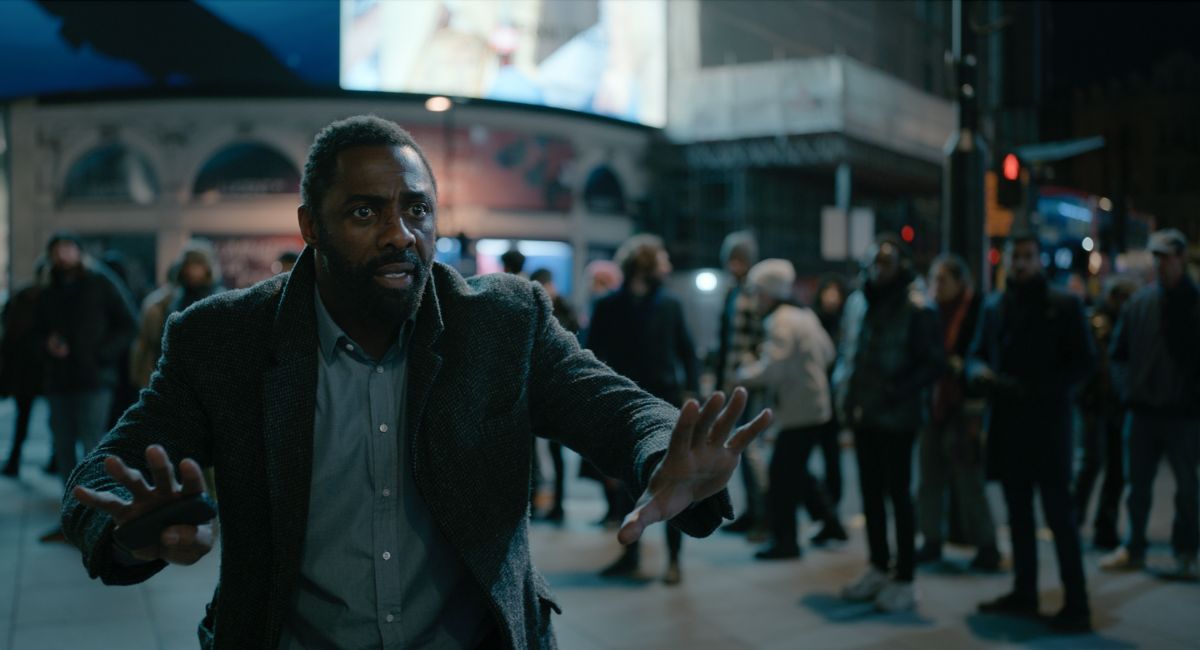
Idris Elba as John Luther in 'Luther: The Fallen Sun.' Photo: John Wilson/Netflix © 2023.
MF: Andy, besides Idris Elba’s brilliant performance, what do you think it is about the character of John Luther that resonates so much with audiences?
AS: I think it's the fact that he isn't perfect. I think he really is a kind of an anti-hero in a way. Although he's instinctive, he doesn't play by the rules, but he has his own moral logic, I suppose. Actually that is what David Robey hates is the fact that it's okay for him to have his own moral logic, but I can't have mine. Who's he to judge me? But I think that's what people like is they want someone who is fighting for right, and will try to do anything. He's unrelenting in his pursuit of trying to right wrongs, but he doesn't always get it right. It often backfires on him hugely. But when that happens, he's always willing to go, “I screwed up there.” There's something very human about that, which is appealing.
MF: Finally, Neil, is the TV series officially over? Is the plan to continue making ‘Luther’ movies, if this one is successful?
NC: That is the plan. The TV series is done. If we're lucky, the fans will get to see more ‘Luther’ like this.
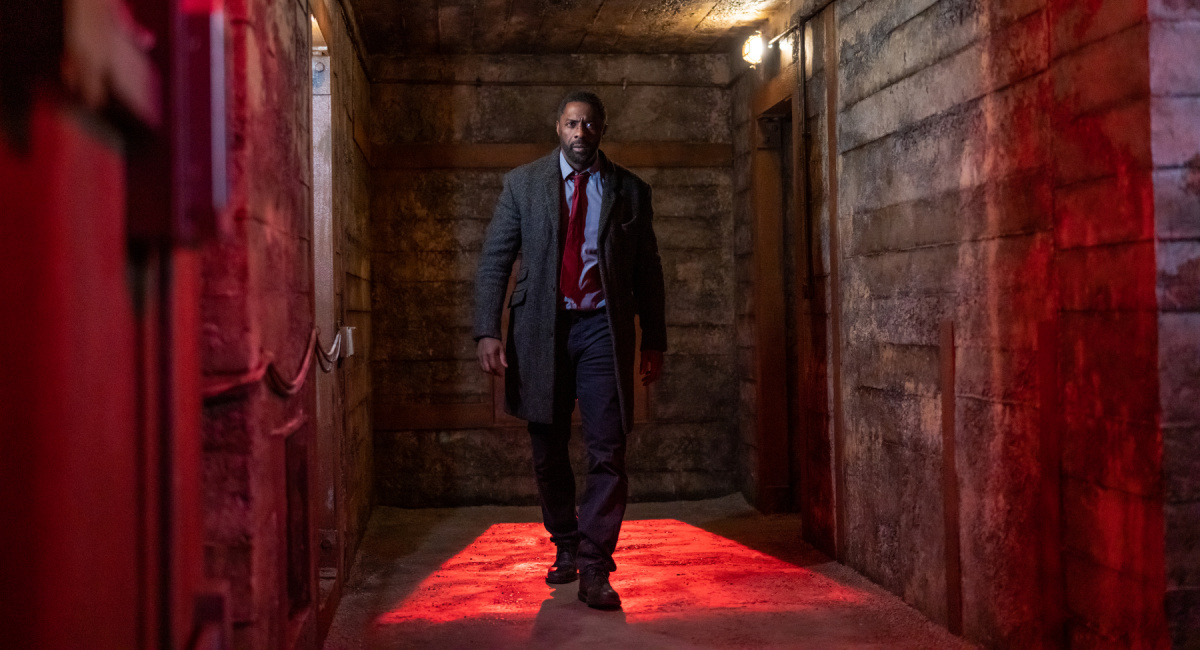
Idris Elba as John Luther in 'Luther: The Fallen Sun.' Photo: John Wilson/Netflix © 2023.
Other Movies Similar to ‘Luther: The Fallen Sun:’
- 'Bullitt' (1968)
- 'Dirty Harry' (1971)
- 'Die Hard' (1988)
- ‘Takers' (2010)
- ‘The Losers' (2010)
- 'Pacific Rim' (2013)
- 'Fast & Furious Presents: Hobbs & Shaw' (2019)
- ‘The Suicide Squad' (2021)
- 'The Harder They Fall' (2021)
Buy Tickets: 'Luther: The Fallen Sun' Movie Showtimes
Buy Idris Elba Movies On Amazon
'Luther: The Fallen Sun' is produced by BBC Film, Chernin Entertainment and Netflix, and is scheduled for release on Netflix March 10th.


